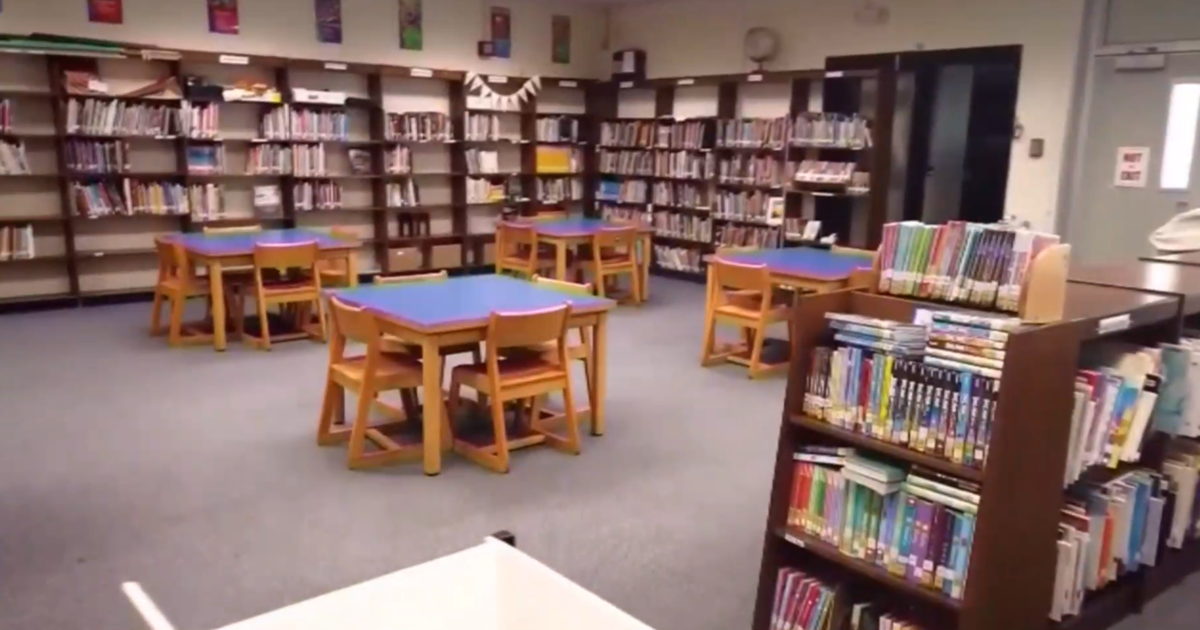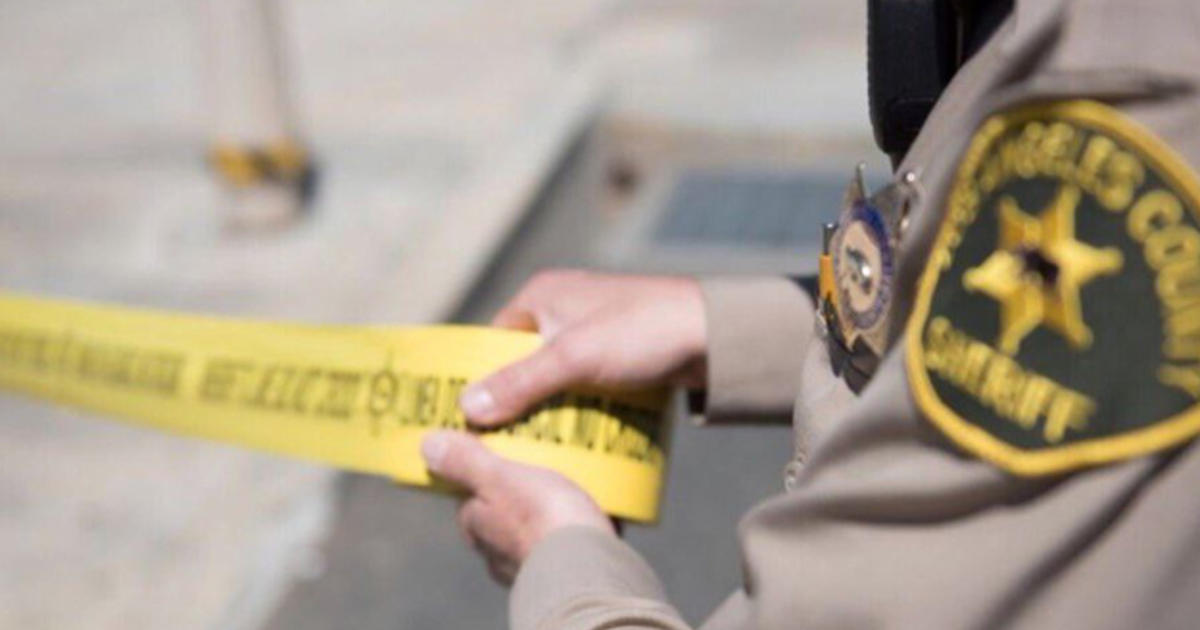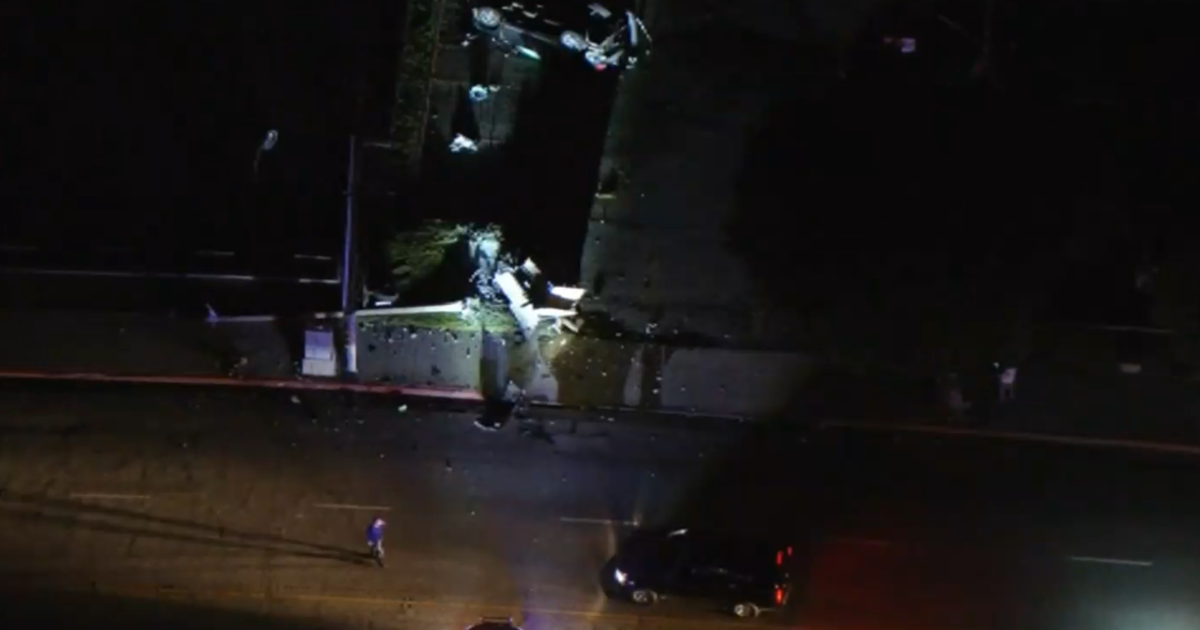Visa Process Under Scrutiny After San Bernardino Shooter Passed Immigration Background Checks
SAN BERNARDINO (CBSLA.com/AP) — Lawmakers and academics are scrutinizing the visa process that allowed one of the San Bernardino shooters to enter the United States despite making extremist social media posts.
Law enforcement sources confirmed to CBS News that San Bernardino mass shooter Tashfeen Malik made radical postings on social media as far back as 2012. Just last year, she emigrated from Pakistan on a K-1, or fiancé, visa.
Sen. Richard Burr, a North Carolina Republican who heads the Senate Intelligence Committee, said on CBS' "Face the Nation" Sunday that Farook was radicalized as early as 2010 and Malik as far back as 2012, which would have been years before her visa was processed.
Malik's background check included at least one in-person interview at the U.S. Embassy in Pakistan and another after marrying Syed Farook, who was born in Illinois. She also had to provide fingerprints and a variety of background information. Authorities also vetted her using intelligence and law enforcement databases.
But in light of the revelations that Malik made her views on jihad publicly available on social media, many are calling for the government to step up its efforts in monitoring immigrants' social media accounts. The day after the attack, Facebook found a post on a page maintained by Malik pledging her and Farook's allegiance to the leader of the Islamic State. The page was created with an alias.
Authorities have said Malik and Farook exchanged messages about jihad and martyrdom online before they were married and while she lived in Pakistan.
"To the extent that people are making statements on social media, that's something we need to look at," said Brian Levin, director of the Center for the Study of Hate and Extremism at Cal State San Bernardino.
The Department of Homeland Security has said that three pilot programs designed specifically to incorporate "appropriate" social media reviews into its vetting process were launched in the last year and the department is looking at other ways to use social media posts.
Certain Department of Homeland Security officials are allowed to look at social media posts as part of law enforcement investigations. The possible policy changes are being considered at USCIS, the DHS agency in charge of managing immigration benefits cases and interviewing green card applicants.
Although monitoring social media could lead to privacy concerns, Levin said public postings on Facebook or other social media sites are not considered private.
"To the extent that somebody made public postings, they don't have an expectation of privacy in those postings," Levin said.
The FBI has said the couple was not on its radar until after the attacks and the shootout with police hours later that ended in their deaths.
(TM and © Copyright 2015 CBS Local Media, a division of CBS Radio Inc. and its relevant subsidiaries. CBS RADIO and EYE Logo TM and Copyright 2015 CBS Broadcasting Inc. Used under license. All Rights Reserved. This material may not be published, broadcast, rewritten, or redistributed. The Associated Press contributed to this report.)



